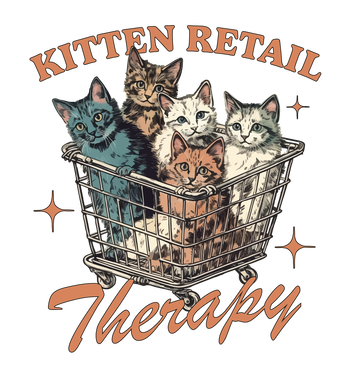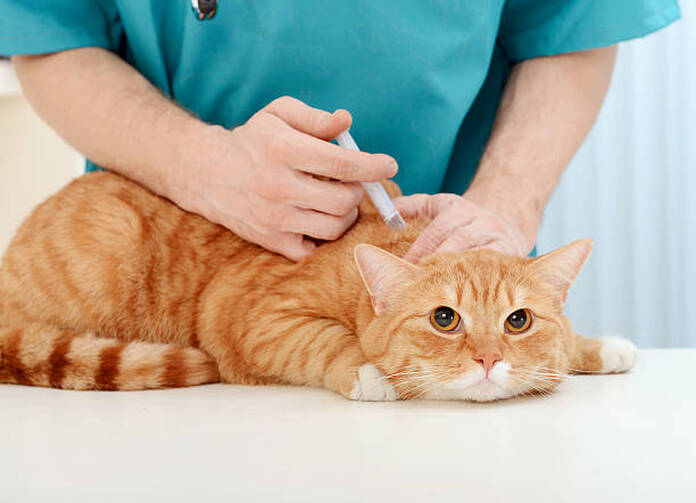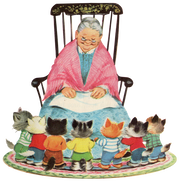|
Cats, as our loving companions, often become integral members of our families. As responsible pet owners, it is essential for us to ensure the well-being and longevity of our feline friends. One critical aspect of maintaining their health is through the administration of cat vaccines. These vaccinations not only protect cats from severe diseases but also promote the overall safety and public health of human communities.
Cat vaccines play a vital role in impeding the occurrence and spread of infectious diseases among feline communities. Vaccination programs have successfully controlled and eliminated several severe diseases, such as: a. Feline Panleukopenia (FPV): Also known as feline distemper, FPV is a highly contagious disease, particularly affecting kittens. Vaccinating kittens at an early age substantially reduces the risk of transmission and severe illness. b. Feline Viral Rhinotracheitis (FVR): This respiratory disease primarily affects cats and can lead to severe complications. Vaccines targeting FVR have proven effective in reducing the chances of infection and its subsequent spread. c. Feline Calicivirus (FCV): FCV is a highly contagious respiratory virus that can cause painful mouth sores and dental issues in cats. Vaccination helps protect cats from this disease, reducing the severity of symptoms if infected. Some cat vaccines have been developed to protect felines against life-threatening diseases, including: a. Feline Leukemia Virus (FeLV): FeLV is a viral infection that weakens a cat's immune system and can result in various complications, such as anemia and cancer. Vaccinations against FeLV have proven beneficial in reducing the incidence of this potentially fatal disease. b. Rabies: Rabies is a global concern affecting both humans and animals. Vaccinating cats against rabies is not only a legal requirement but also crucial for disease prevention and ensuring public health. It safeguards cats from contracting this neurological disease and prevents the transmission of rabies to humans through cat bites. Regular cat vaccinations significantly contribute to the overall health and well-being of felines: a. Increased Lifespan: By receiving appropriate vaccines, cats are protected against life-threatening diseases, enabling them to live longer and healthier lives. Prevention is always better than cure. Vaccinating cats significantly reduces the chances of contracting costly and potentially fatal illnesses, leading to lower veterinary expenses over time. Widespread vaccination among feline populations creates herd immunity, which not only protects individual cats but also helps safeguard those who may be unable to receive vaccinations due to certain health conditions. Cat vaccines are instrumental in safeguarding the health of our feline companions, preventing the spread of infectious diseases, and contributing to public health. Vaccinating cats against diseases such as FPV, FVR, FCV, FeLV, and rabies helps protect individual cats, enhance their longevity, and reduce veterinary costs. By prioritizing vaccination, we not only demonstrate responsible pet ownership but also contribute to the collective well-being of feline communities and human society as a whole. Your kitten will receive the first three shots before leaving here. This is called a 3-way shot, which means they only have to get injected one time, with a combination of all 3; FPV, FVR, and FCV. You may hear people refer to this 3-way shot as "Kitten Shots". Kittens usually get two rounds of these shots during kittenhood, as it grows. At Kittenberry Castle, your kitten will receive round 1, and it is up to you to provide round 2 with your own vet.
0 Comments
Leave a Reply. |
AmyMy name is Amy and I raise kittens. Archives
July 2024
Categories |




 RSS Feed
RSS Feed